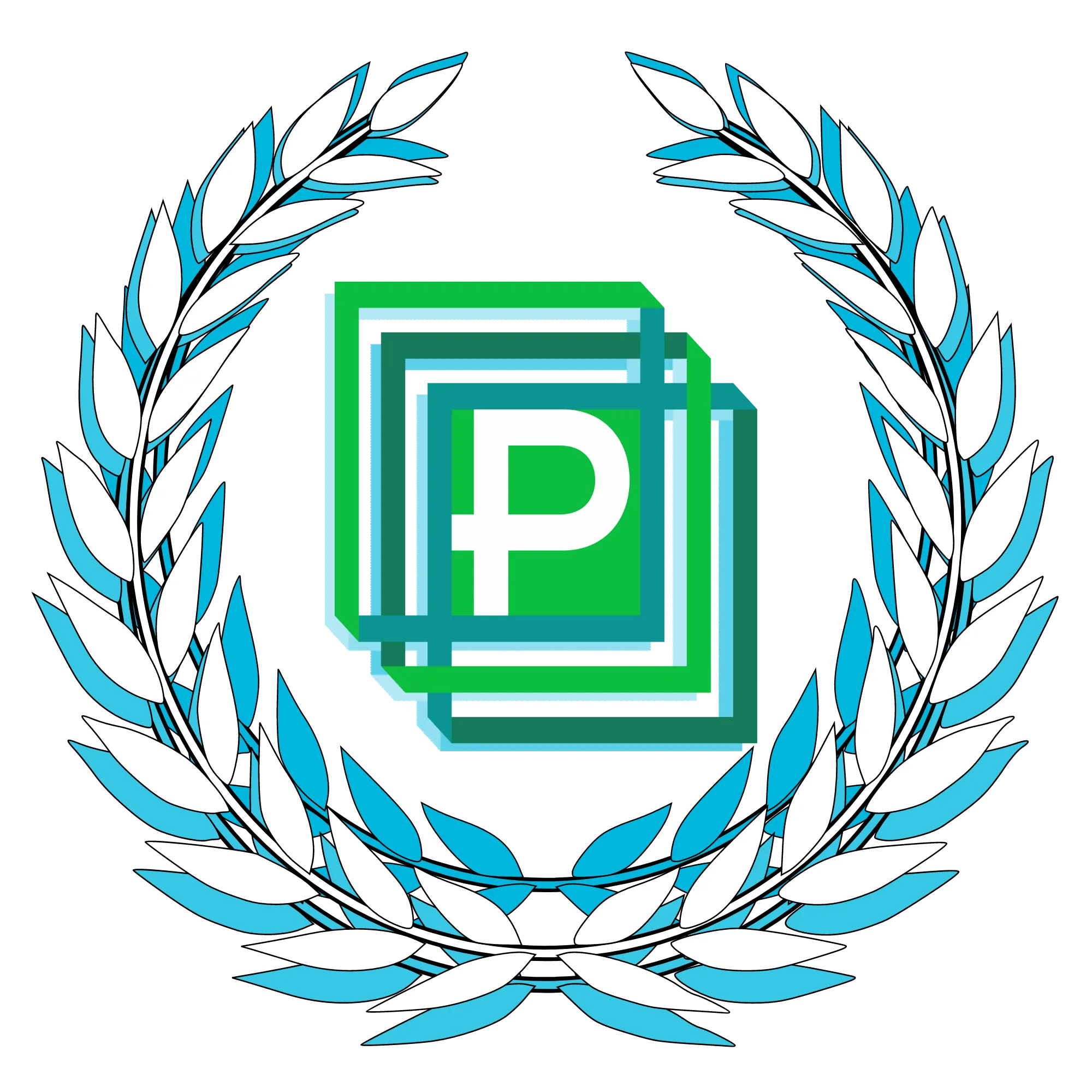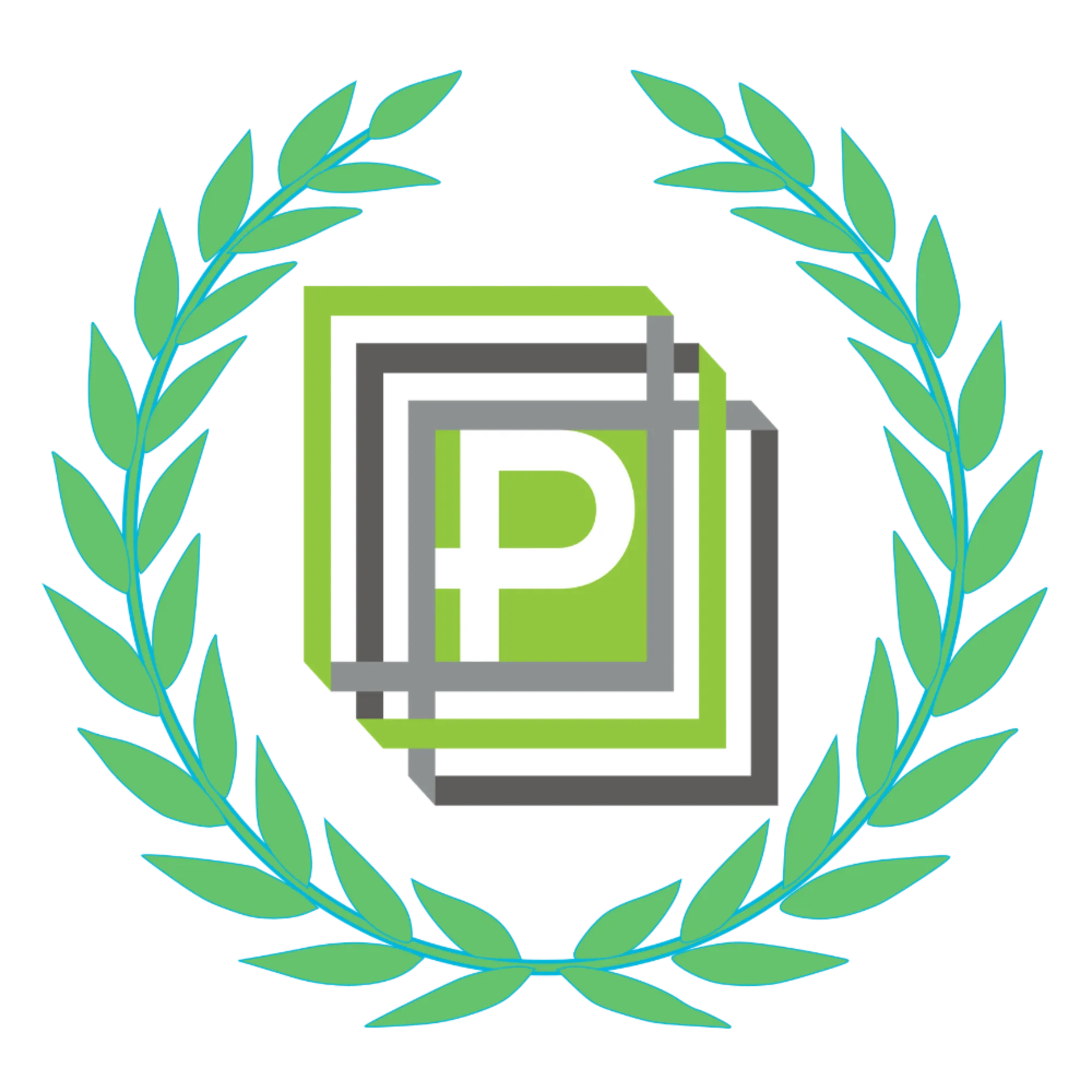
Is Anybody Listening?
The Revelation Will Not Be Televised.
“As members of the legal community, we must recognize the ethical implications of using suboptimal technologies when superior alternatives are available. We must prioritize the adoption of more advanced tools, such as Computer Vision for text extraction and Semantic Search for eDiscovery, not just to ensure we are providing the highest quality service to our clients, but to ensure we’re at least providing a baseline adequate.”
##
We’ll post a link to our online petition in this article, but feel free to use our copy to post your own. Click below to grab a copy of our Creative Commons license if you’d like. Wouldn’t it be fantastic if we saw 50,000 of these petitions floating all over the internet? Do you think they’d hear us?
To the esteemed legal professionals, Bar Associations, and members of the legal community worldwide,
The legal profession is built on a foundation of integrity, competence, and dedication to serving the best interests of clients. In today’s rapidly advancing technological landscape, it is crucial that we, as legal professionals, embrace new tools and methods to better serve our clients and uphold the highest standards of our profession.
Unfortunately, many legal teams continue to rely on antiquated, less effective technologies, such as Optical Character Recognition (OCR) for text extraction and keyword search for eDiscovery. These outdated methods not only result in increased costs and inefficiencies but lead to valuable evidence being overlooked, putting clients at a significant disadvantage.
As members of the legal community, we must recognize the ethical implications of using suboptimal technologies when superior alternatives are available. We must prioritize the adoption of more advanced tools, such as computer vision for text extraction and semantic search for eDiscovery, not to ensure that we are providing the highest quality service to our clients, but to insure we’re providing at minimum, a baseline adequate.
Therefore, we respectfully petition the legal community and Bar Associations worldwide to:
- Establish updated professional competencies and guidelines that encourage the adoption of advanced technologies, with a focus on improved accuracy and efficiency in legal practice.
- Develop educational programs and resources to help legal professionals become more familiar with new technologies and their applications in the legal field.
- Foster collaboration between legal professionals, technology providers, and industry experts to drive innovation and ensure that the legal profession remains at the forefront of technological advancements.
By addressing this critical issue and taking action to update professional competencies, we can create a legal environment that prioritizes the use of more effective and accurate tools. This will not only benefit the clients we serve but also enhance the reputation and credibility of the legal profession as a whole.
We urge the legal community to join us in this grassroots campaign to promote innovation and advance the practice of law. By working together, we can build a brighter future for the legal profession and ensure that our clients receive the best possible representation and outcomes.
Sincerely,
[Your Name]
[Your Position]
[Your Organization]
With this open petition, we can with very minimal effort, go on record. Do our part to start raising awareness and advocating for change within the legal community. By promoting the adoption of more advanced technologies and updated competencies, we can all contribute to the improvement of the legal profession and better serve the clients who rely on your expertise.
We collectively support the reluctance to improve and the ultimate quagmire of these diseased core operational deficiencies by doing nothing.
It’s happening. Right now. Everything changes and we all be damned if we don’t get a piece of this revolution. There’s never been a better time to show your team the value in high quality precision and recall. Richness matters. So many old school legal heads will tell you after a second drink that there is money to be made in reviewing trash documents. The first years can do it and make bonus. It’s not Ok.
There’s a fear that semantic search might work, and a defendant role could return too much information from a semantic pull through the organizations datastores.
It’s not a fear. It’s a promise. One that should effectively serve all parties in their own way.
You can almost pull your concepts out of the complaint. If the data request is too far off of the complaint’s baseline, defendant can fight back. We’re looking for relevance here. Don’t believe us? How about a sampling from that organizational wing. Zilch. Move on. This can be great,
Defendant, yes you’ll increase the precision and recall substantially using a trained dataset and a competent semantic search technology. Those words should mean ‘AMMO’ AND ‘DEFENSIBILITY’ to you.

